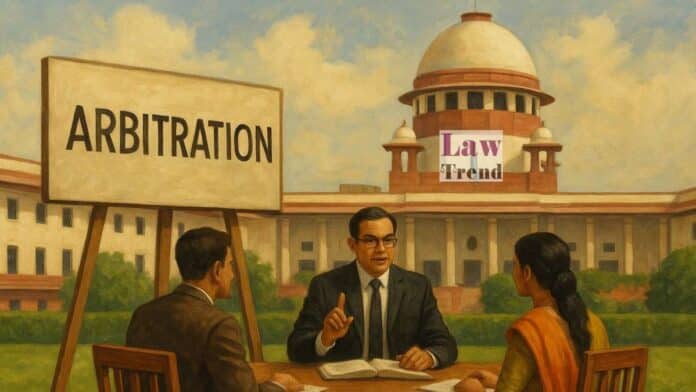The Supreme Court of India has ruled that an “undue and unexplained delay” in the pronouncement of an arbitral award is not, by itself, a sufficient ground to set it aside. In a judgment delivered on October 31, 2025, the Court held that it must be demonstrated that the delay had an “adverse impact” on
To Read More Please Subscribe to VIP Membership for Unlimited Access to All the Articles, Download Available Copies of Judgments/Order, Acess to Central/State Bare Acts, Advertisement Free Content, Access to More than 4000 Legal Drafts( Readymade Editable Formats of Suits, Petitions, Writs, Legal Notices, Divorce Petitions, 138 Notices, Bail Applications etc.) in Hindi and English.




